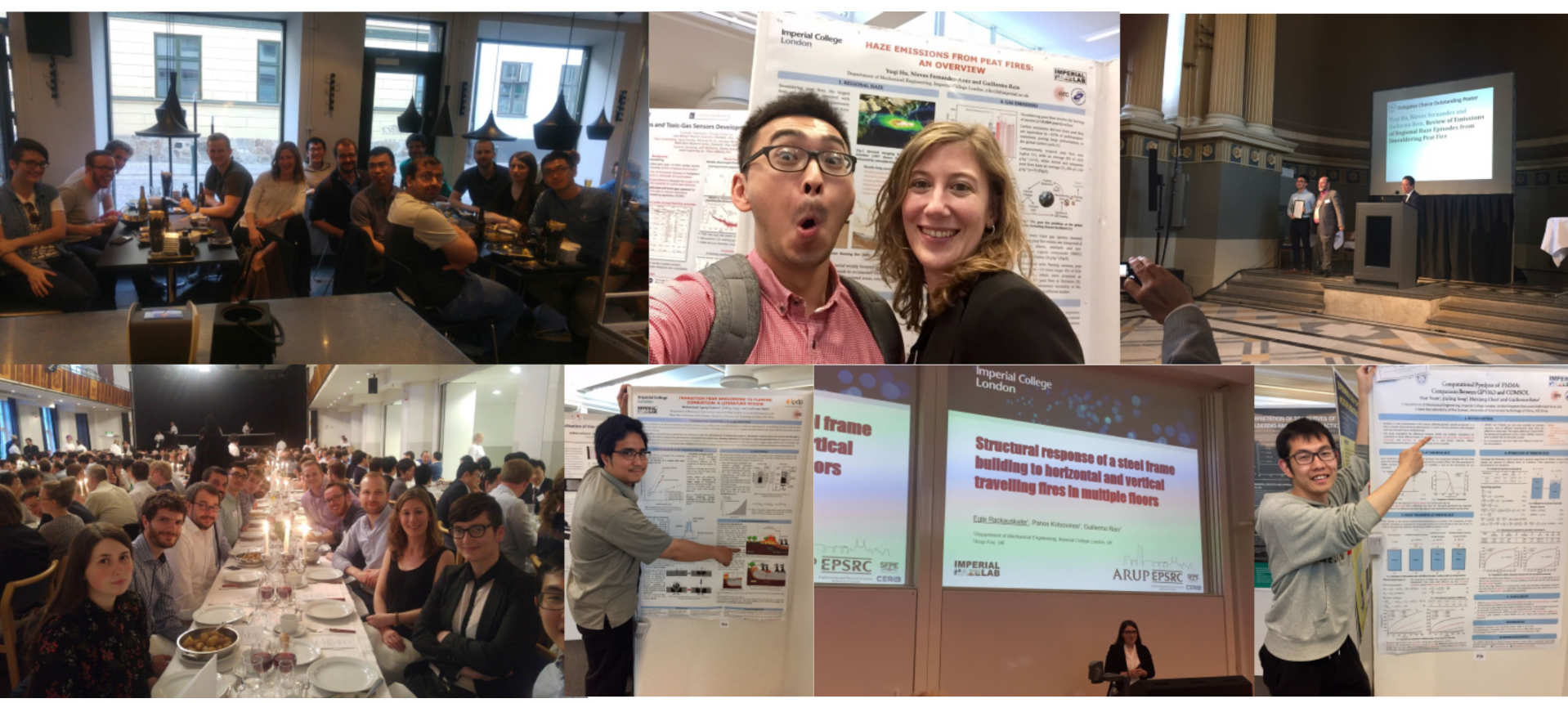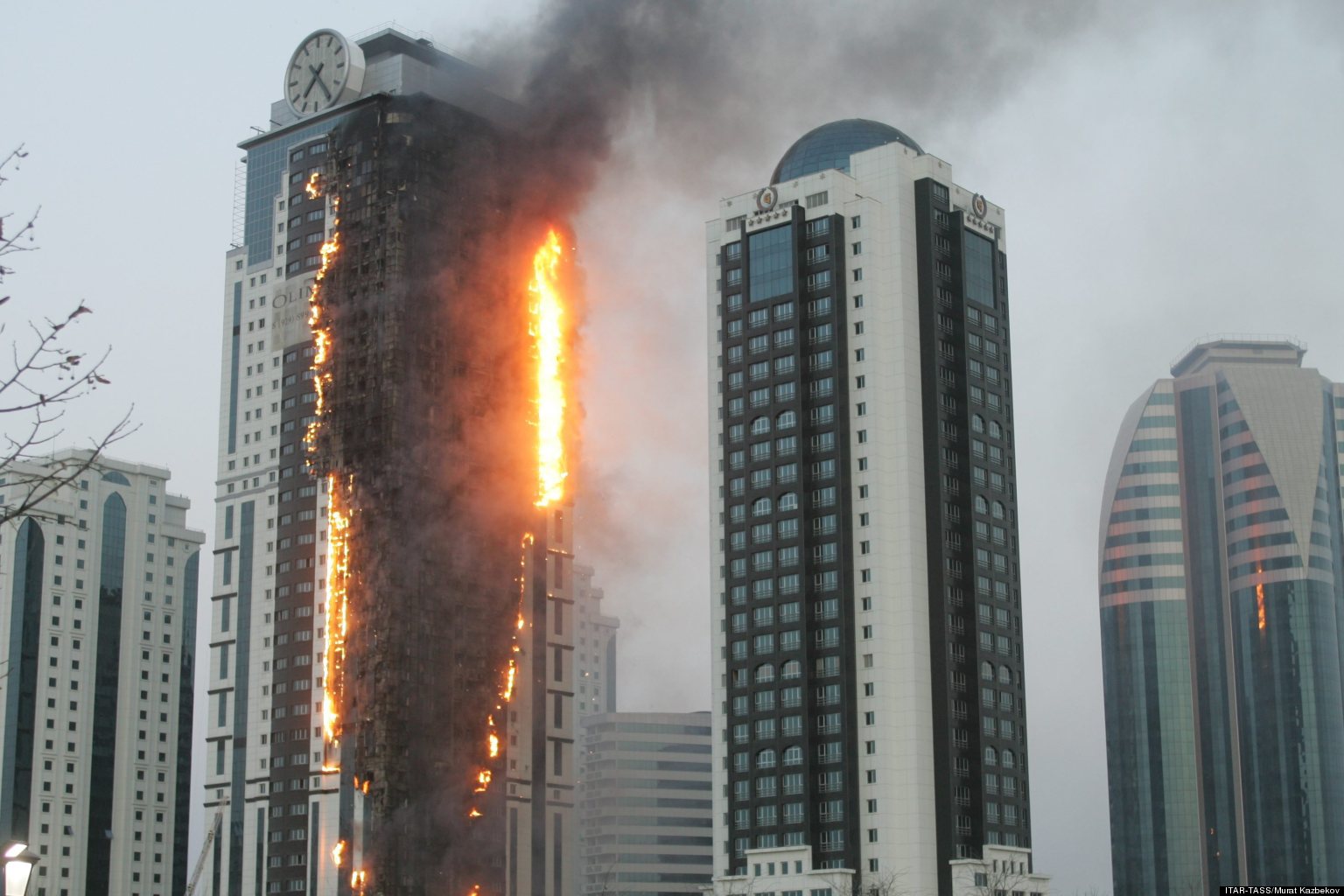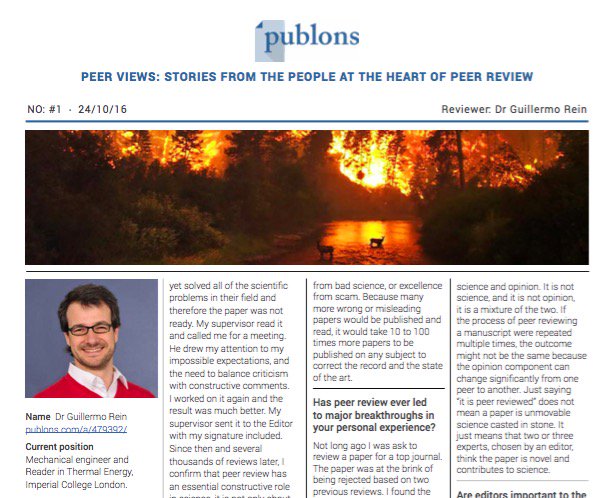Open Letter to the Commission: Without understanding of fire, protection of citizens cannot be guaranteed by Guillermo Rein on Scribd
Dear EU Commissioners,
Fire in our forests or in our buildings is an old evil that has always threatened and harmed humans. Despite being a millennial-old risk to humanity, our understanding of fire remains very limited. Following the very recent events of the Grenfell Tower fire in London and the
large forest fires in Portugal, both of which claimed a significant number of lives, an intense
EU and worldwide discussion of fire safety issues has started in the media, among authorities,
and citizens at large. Many of the questions raised by these dramatic events cannot be
answered today because fire science is limited and not sufficiently developed. We as members
of the European Scientific Community would like to give our contribution to support a better
use of the billions of Euros that are spent annually across the EU to protect buildings, or to
fight wildfires, for the safety of citizens, communities, businesses and the environment.
Our concern is not raised just by the accidents of last week. Forest fires are a major issue
every summer in Greece, Spain, France, Italy and Portugal, but the risk of devastating forest
fires does not only affect the EU southern countries. Due to climate change it is expanding to
central and northern countries as well, with new unprecedented fire regimes. In the urban
areas, dozens of dramatic building fires occur annually in major EU cities. Accidental fires
stress the need for research in several critical areas of science, for example, as how to respond
to fire emergencies, how fire grows and how humans behave during emergencies.
In sharp contrast, Horizon 2020, the EU’s current funding mechanism, pays negligible
attention to fire safety and related areas, and provides little funding to fire science
community. As representatives of the fire safety scientists, we write to underline the urgent
need to support fire safety and request that the EU takes our reflections into account. The
allocation of substantial funds to fire research and fire safety innovation.
Although all EU countries face and will continue facing substantial fire threats in buildings
and in the forest, there are limited opportunities for sustained and concerted scientific
discovery or coordination of efforts among EU research institutions, many of which are world
leading in this field.
Without a better understanding of fire, safety technologies needed to protect our citizens we
cannot provide a safer life to our Citizens and to those who live among us or just visit Europe.
We declare ourselves ready to assist you in this quest.
Signatories:
George Boustras, Professor of Risk Assessment at European University Cyprus, Cyprus.
Guillermo Rein, Reader at the Department of Mechanical Engineering of Imperial College
London, UK.
Bart Merci, Professor, Department of Flow, Heat and Combustion Mechanics, University of
Ghent, Belgium.
Domingos Xavier Viegas, Full Professor at the Department of Mechanical Engineering of the
University of Coimbra, Portugal.
Patrick Van Hees, Professor at the Division of Fire Safety Engineering, at Lund University
Sweeden.
Eulàlia Planas, Associate Professor at the Department of Chemical Engineering of the
Universitat Politècnica de Catalunya, Spain.
Paul-Antoine Santoni, Professor at the University of Corsica, France
Oriol Vilalta, Director at Pau Costa Foundation, Spain.
Vladimir Molkov, Professor of Fire Safety Science, Director of Hydrogen Safety Engineering
and Research Centre (HySAFER), Ulster University, UK.
Siaka Dembele, Associate Professor, Kingston University London, UK.
Enrico Ronchi, Associate Senior Lecturer in Evacuation Modelling at Lund University,
Sweden.










